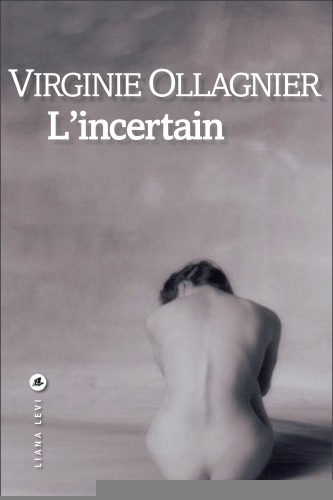
The Uncertainty
L'Incertain
Nice, 1968. Zoltan Soloviev, a 60-year-old writer from New York, is attending, at a discreet distance, the burial of his first mistress, Jiska, twenty years his senior. He waits for the family to drift away before spending a last quiet moment by her grave. Ieva, Jiska’s granddaughter, joins him and asks him about this grandmother who had lived far away from where she had been raised. He takes advantage of Ieva’s request to throw himself into writing his memoirs in his Paris pied-à-terre…
Through the twists and turns of a destiny guided by women, we follow Zoltan’s path through life. We discover him first in Yalta, in 1920, the son of a rural landowner whose future was mapped out before him… But history and the Russian revolution were to decide otherwise. Never forgiving himself for not having been able to save his sister from an assassination attempt, he fled with his mother to Constantinople. Both of them making do as best they could, they arrived in Nice in 1926 at the villa of a friend of Zoltan’s uncle, the famous Jiska, where excentric, exiled artists found refuge. At only 19, he was to fall head over heels in love with this 40-year-old woman. In 1929, they set up home together in New York. In Greenwich Village, they would discover the gay scene of the roaring twenties… And his sentimental journey wasn’t to end there…
Virginie Ollagnier, born in Lyon in 1970, is a co-scriptwriter of the comic book Kia Ora.
Her first novel Toutes ces vies qu’on abandonne was a big success with the public as well as the critics (Blois “coup de coeur” prize for a historical novel; 10,000 copies sold; foreign sales: Italy, Piemme).
About
"But if an entire bygone society comes back to life thanks to Zoltan, it’s primarily the personality of this curious narrator that we become attached to – no doubt because he hides nothing of his weaknesses, indeed, his acts of cowardice." Le Magazine littéraire
“[Virginie Ollagnier] speaks to us with great subtlety of the amorous strayings and of the emotional diffidence of certain men.” La Vie